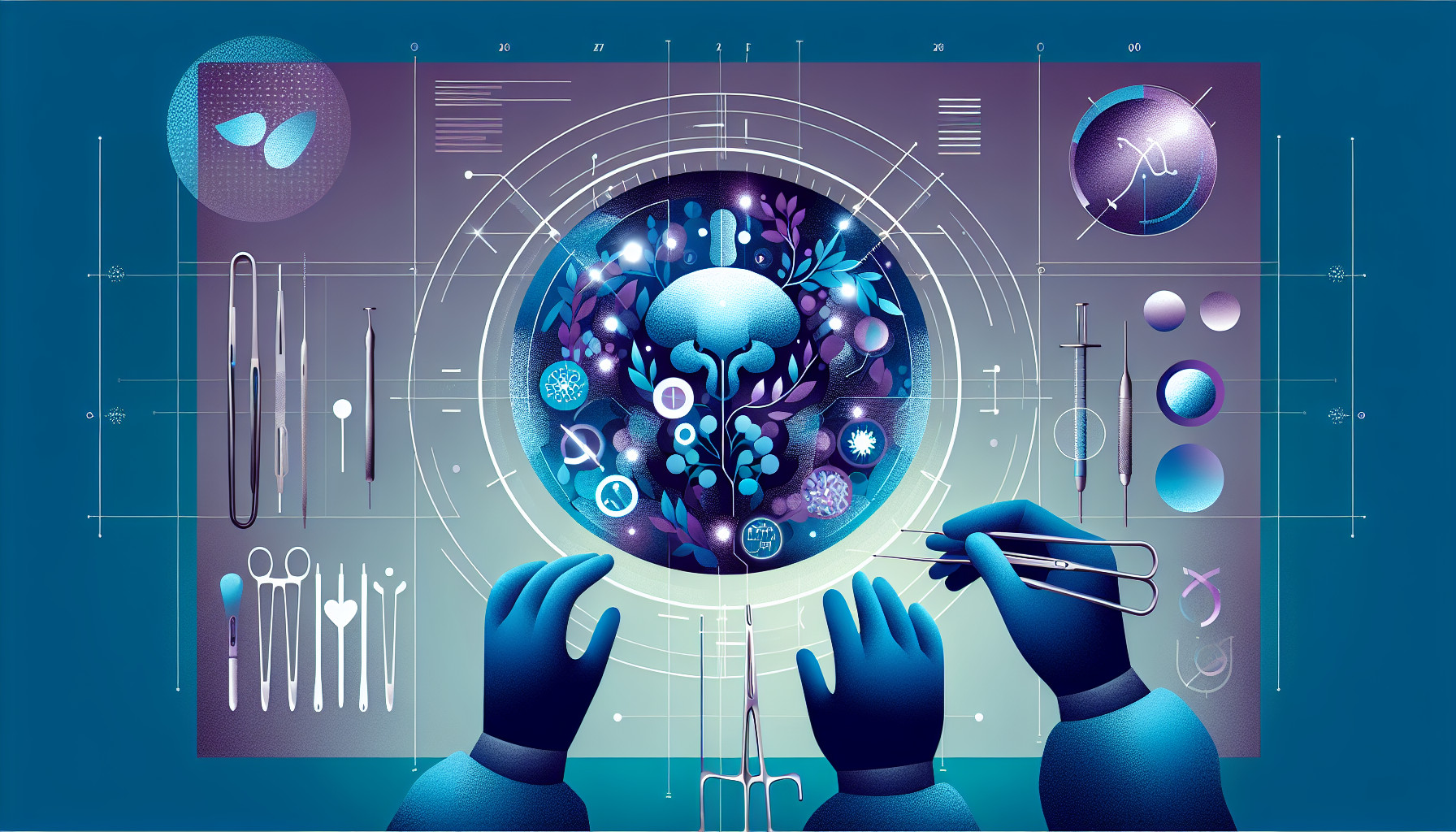Our Summary
This research paper discusses the long-term outcomes for individuals who were treated for cryptorchidism (a condition where one or both of the testes fail to descend) in childhood. The main points addressed include the physical appearance of the testes, fertility, and the risk of cancer.
The study admits that after treatment, it’s common for the affected testis to be smaller and positioned higher in the scrotum than is typical. This smaller size is related to a lower fertility potential. If the testis shrinks too much, a prosthesis can be implanted with good results.
The research also shows that people treated for cryptorchidism in childhood still have a substantial risk of lowered fertility in adulthood, particularly if both testes were affected. More research is needed to see if early treatment can significantly improve fertility outcomes.
Furthermore, men who have been treated for cryptorchidism, especially if it was associated with other genital abnormalities or genetic issues, have a higher risk of developing testicular cancer. Detecting pre-cancerous cells early in childhood may be possible. Performing the treatment for cryptorchidism early might also reduce the risk of developing testicular cancer later on.
FAQs
- What are the long-term outcomes for individuals treated for cryptorchidism in childhood?
- Does the treatment for cryptorchidism in childhood improve fertility in adulthood?
- Is there a higher risk of developing testicular cancer in men treated for cryptorchidism in childhood?
Doctor’s Tip
It is important to follow up with regular check-ups with your doctor to monitor the health and development of the testis that was treated for undescended testicles. Additionally, practicing regular self-exams can help detect any abnormalities or changes in the testicles that may indicate a potential issue. It is also important to maintain a healthy lifestyle, including regular exercise and a balanced diet, to help reduce the risk of developing testicular cancer. If you have any concerns or questions about your surgery or health, do not hesitate to consult with your doctor for further guidance and support.
Suitable For
In conclusion, patients who are typically recommended undescended testicle surgery are those diagnosed with cryptorchidism, especially if both testes are affected or if there are other associated genital abnormalities or genetic issues. It is important to consider the long-term outcomes, such as physical appearance of the testes, fertility potential, and the risk of developing testicular cancer, when deciding on treatment options for individuals with undescended testicles. Early treatment and monitoring may help improve outcomes and reduce the risk of complications in the future.
Timeline
Before undescended testicle surgery, a patient may experience discomfort or pain in the abdomen or groin area, as well as potential fertility issues and an increased risk of testicular cancer. After the surgery, the patient can expect a smaller and higher-positioned testis, which may impact fertility. There is also a continued risk of lowered fertility in adulthood, especially if both testes were affected. Additionally, individuals treated for cryptorchidism have a higher risk of developing testicular cancer, so regular monitoring and early detection are important. Overall, early treatment for undescended testicles can help improve outcomes and reduce the risk of complications in the future.
What to Ask Your Doctor
Some questions a patient should ask their doctor about undescended testicle surgery include:
- What are the potential long-term outcomes of the surgery for cryptorchidism?
- Will the appearance of the testes be affected after the surgery?
- What is the impact of the surgery on fertility? Will I be able to father children in the future?
- Are there any potential complications or risks associated with the surgery?
- How often should I have follow-up appointments to monitor for any potential issues, such as testicular cancer?
- If the affected testis shrinks too much, would a prosthesis be recommended? What are the potential benefits of this option?
- Should I be concerned about the risk of testicular cancer, especially if I had other genital abnormalities or genetic issues associated with the cryptorchidism?
- Is there anything I can do to lower my risk of developing testicular cancer in the future?
- Are there any lifestyle changes or precautions I should take post-surgery to promote optimal testicular health?
- Are there any new developments or treatments in the field of cryptorchidism that I should be aware of?
Reference
Authors: Thorup J, Cortes D. Journal: Eur J Pediatr Surg. 2016 Oct;26(5):427-431. doi: 10.1055/s-0036-1592138. Epub 2016 Sep 2. PMID: 27589079
